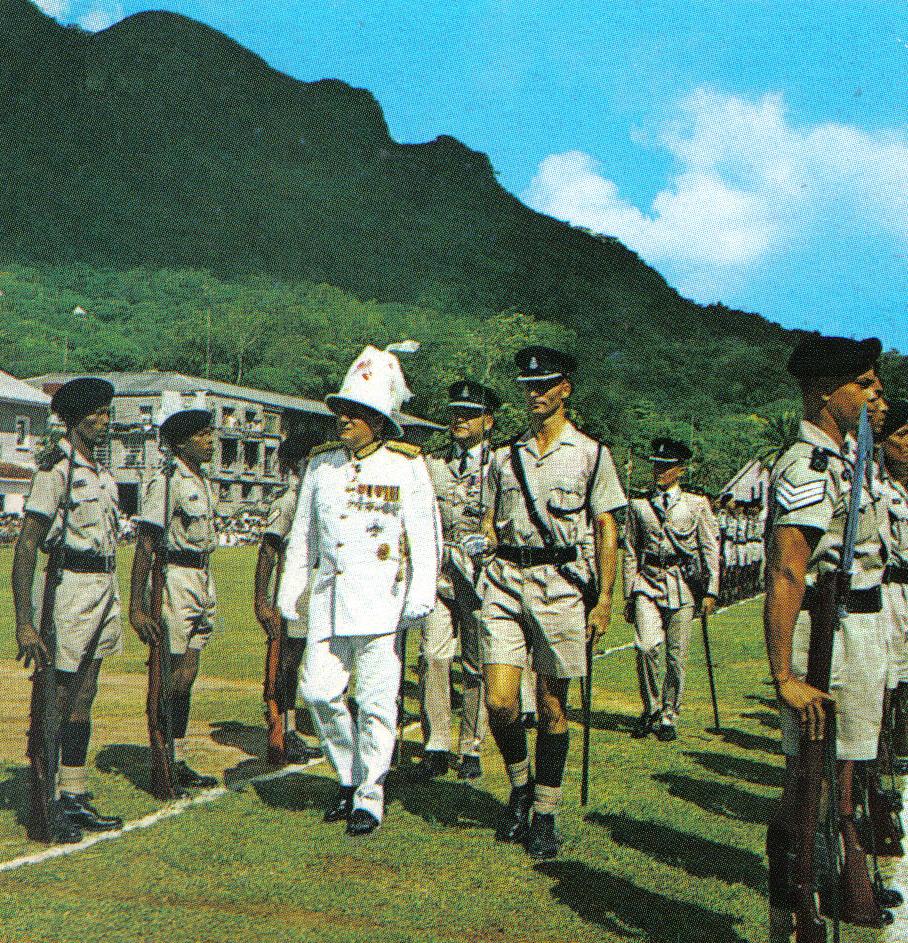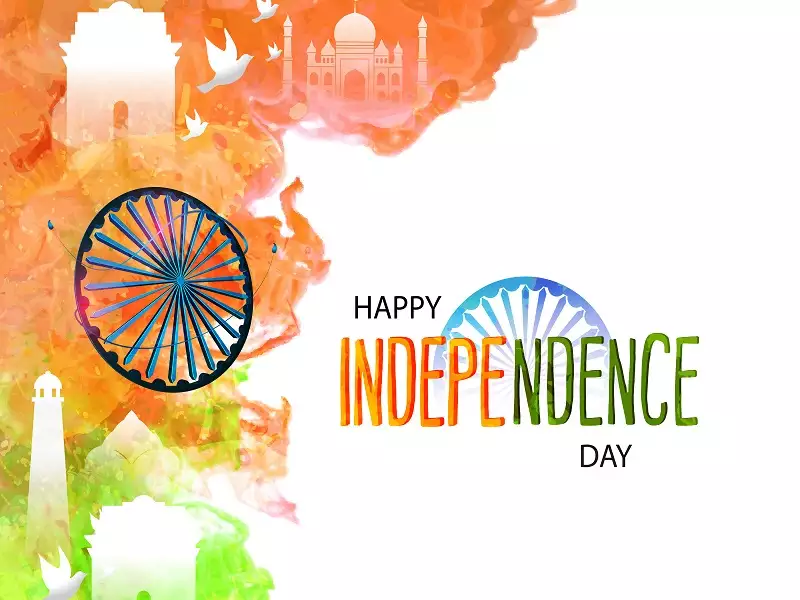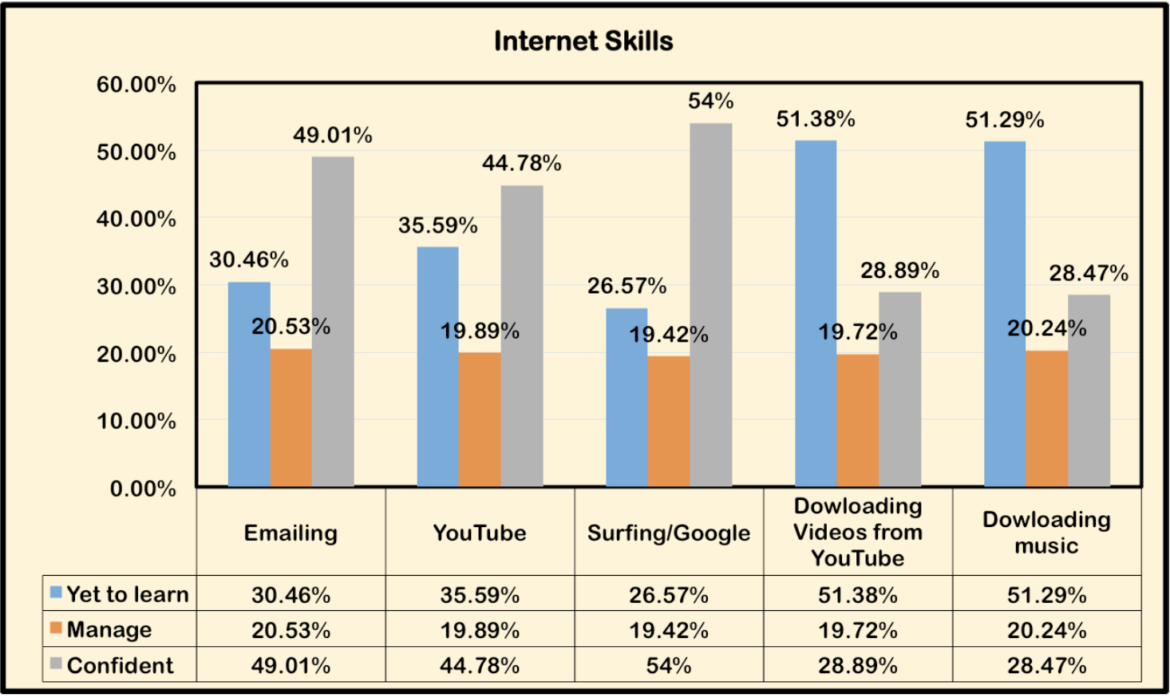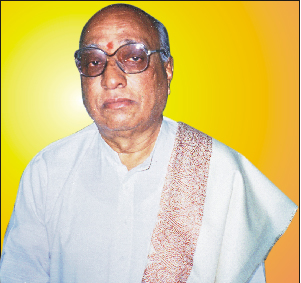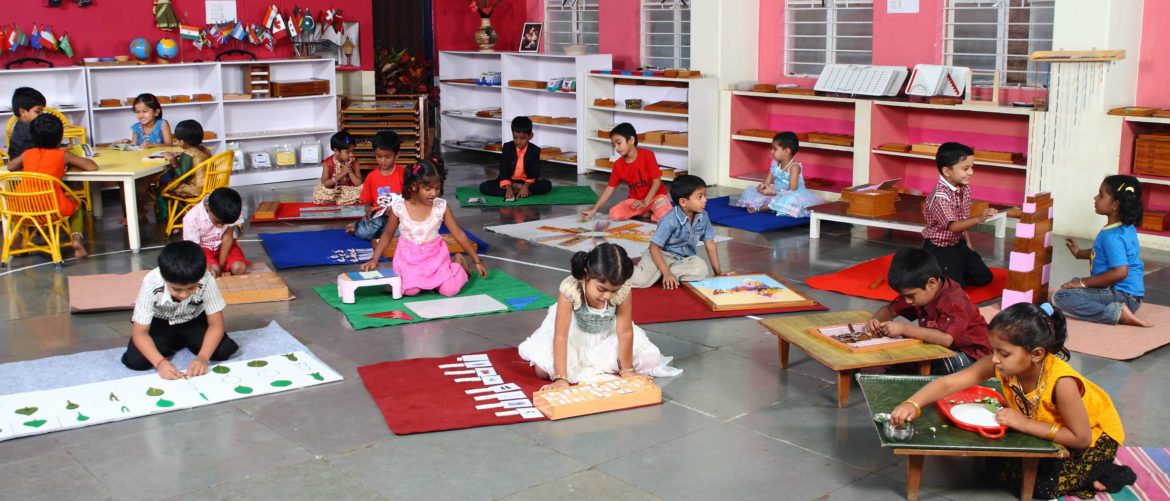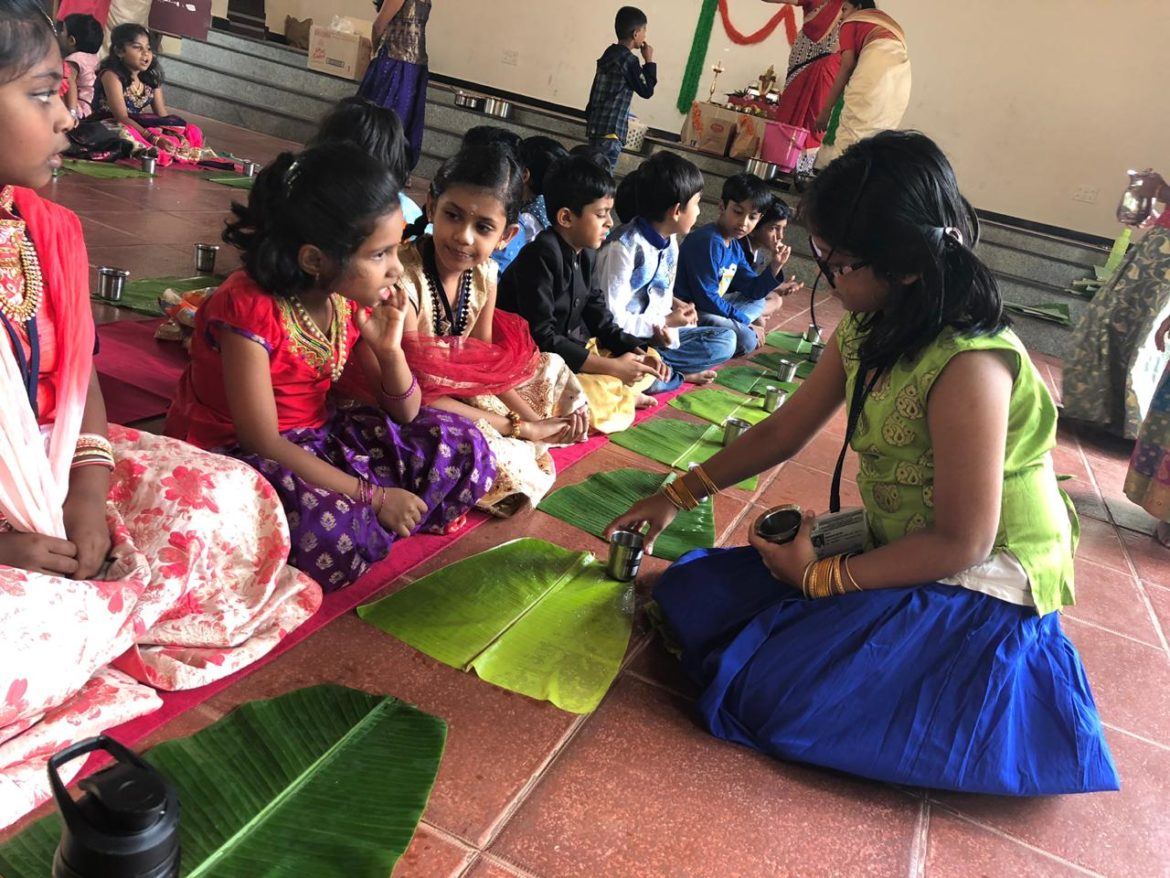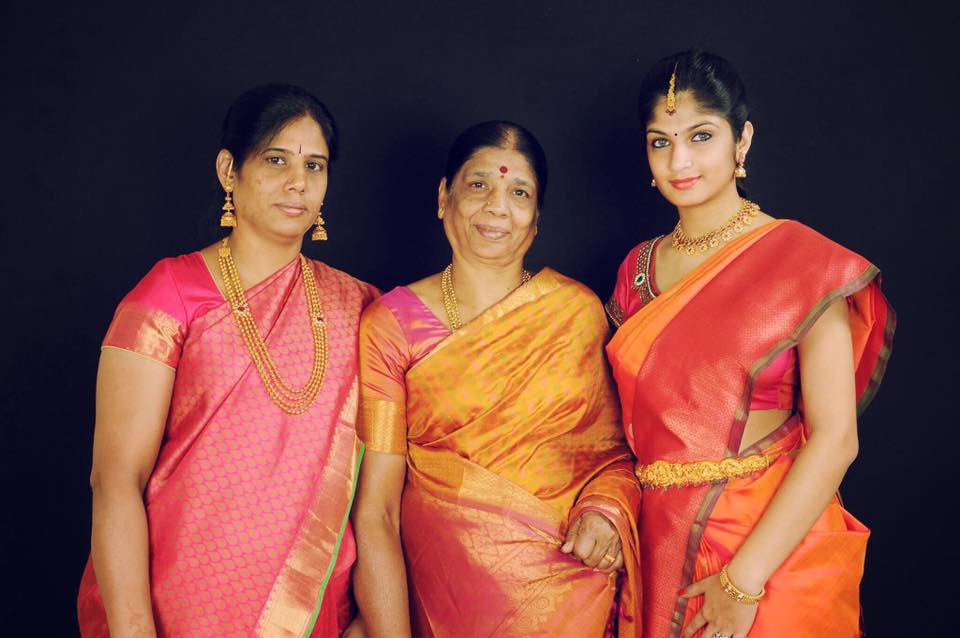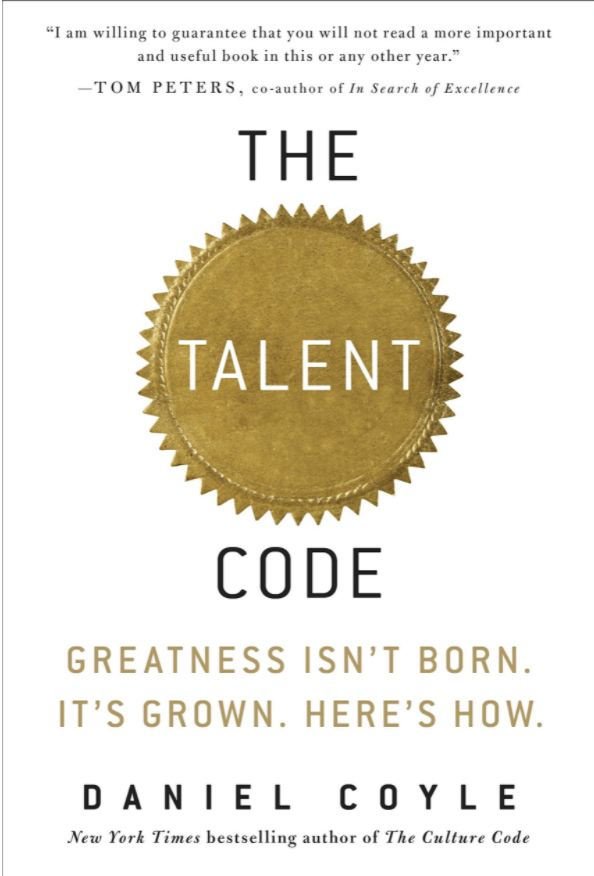The Internet has become an integral part of everyday life. It has changed every other field but the education system. It is more so in India (Wise & Rothman, 2010). In spite of being the seventh-largest country and having the largest child population in the world, India is nowhere in the picture as far as Blended Learning is concerned (Michael Barbour, 2006). With its innumerable problems such as lack of infrastructure, insufficiently trained teachers, high teacher absenteeism and lack of teachers’ accountability and motivation, the education system in India has poor learning outcomes (Mitra, 2010). In this scenario, Blended Learning appears to be promising for both private and government schools.

